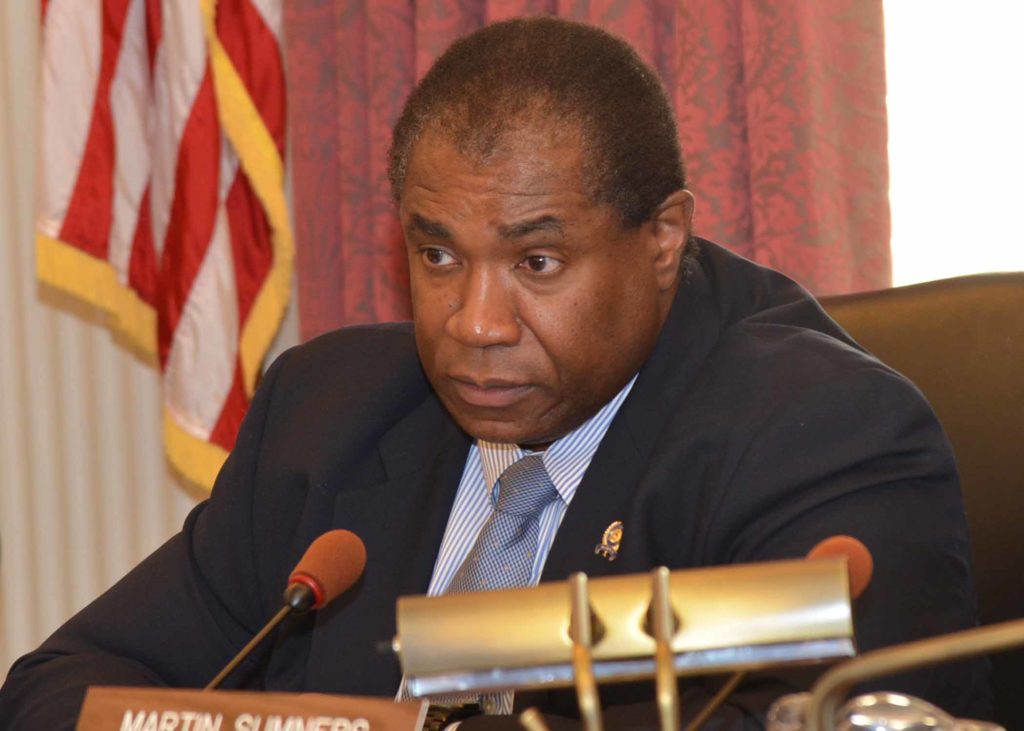Conaway Introduces Bill Package to Help Address Alarming Rise of Teen Depression & Suicide

Conaway Introduces Bill Package to Help Address Alarming Rise of Teen Depression & Suicide
(TRENTON) – Concerned about the rise in depression and suicide among teenagers, Assembly Health and Senior Services Committee Chair Herb Conaway, M.D., Jr. (D-Burlington) has introduced two pieces of legislation to help curb this troubling trend.
The bills would require annual depression screenings for adolescent public school students, and create a commission to study the effects of smart phone and social media usage on young people.
“Teens today are navigating a very different world. The stressors that arise around puberty are now intensified by social media, which can be used to bully and make young people who are already susceptible to social pressure feel like they are not measuring up,” said Conaway.
A recent study published in the journal of the American Academy of Pediatrics found the number of kids and teens hospitalized for suicidal thoughts or attempts more than doubled from 2008 to 2015. The highest uptick was seen in teens aged 15 to 17; the second highest was among teens 12 to 14.
Only about 50 percent of adolescents with depression get diagnosed before reaching adulthood. And as many as 2 in 3 depressed teens don’t get the care that could help them.
“These feelings of sadness and hopelessness don’t simply go away. Depression is an illness, not a phase. Teens are notoriously moody. But we have to distinguish between typical teenage angst and actual depression so we can reach these children before it is too late,” said Conaway
The bill (A-3926) would require public schools to administer written depression screenings for students in grades 7 through 12. The screening would be administered by a qualified professional and consist of a written self-report tool containing a range of no more than seven questions.
The bill follows a recent recommendation by the American Academy of Pediatrics that young people 12 and up be screened annually for depression using a formal self-report screening tool.
The Commissioner of Health would select the screening tool to be utilized by each school district. The screenings would be conducted in a manner that ensures the privacy of the student during the screening process and the confidentiality of the results.
A board of education would have to notify the parent or guardian of a student whose screening for depression detects a suspected deviation from the recommended standard. The board would have to inform the parent or guardian that the screening is not a diagnosis, and encourage the parent or guardian to share the screening results with the student’s primary care physician. A student would be exempt from the screening upon the written request of the student’s parent or guardian.
The second bill (A-4248) would establish the Commission to Study the Effects on Adolescents of Smart Phone and Social Media Usage in School. The commission would be tasked with determining:
- the extent of smart phone and social media usage in public schools, including the average amount of time students in various age groups spend each day in school on electronic devices;
- the effects that use has on the emotional health of students, including incidents of harassment, intimidation or bullying, or other disruptive or violent behaviors;
- the effects that use has on the academic performance of students; and
- the effects that use has on the physical health of students, including incidents of depression, sleep deprivation, weight loss or gain, or high blood pressure.
Conaway cited one study that found that 48 percent of teens who spend five hours per day on an electronic device have at least one suicide risk factor, compared to 33 percent of teens who spend two hours a day on an electronic device. “This is incredibly concerning,” he said.
“It is not surprising that the rise in depression among teenagers coincides with the emergence of smart phones. We need to better understand the effect of smart phones and social media on young people, so we can help prevent the repercussions on their mental health,” said Conaway.
Under the bill, the commission would have to issue a final report with its findings and recommendations to the governor and the Legislature no later than one year after its organizational meeting. The commission would expire 30 days after the submission of the final report.










